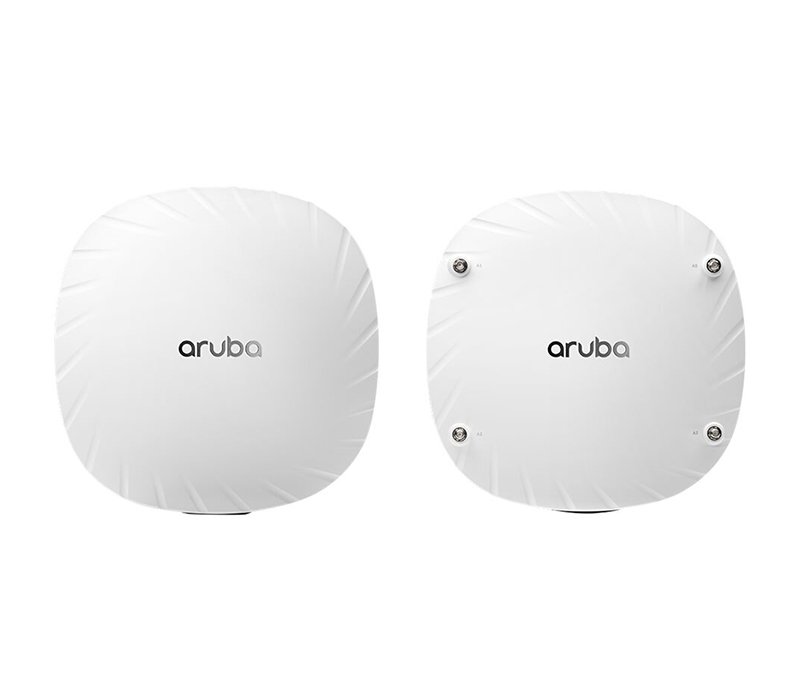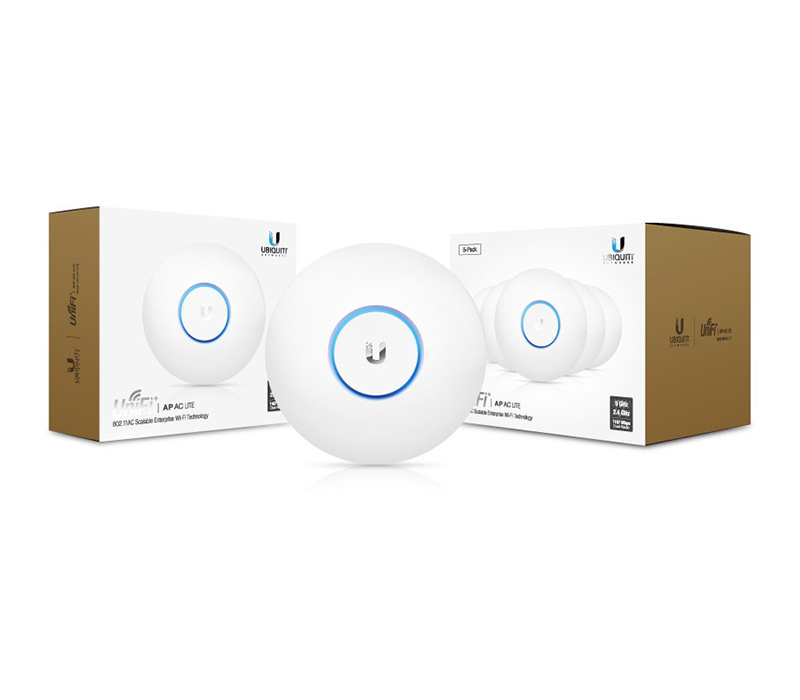
If you want to build a network in a high-density environment, you need to find an access point with fast throughput and appropriate technological advancement to maintain the stability of your connection. Let’s take a look at the access points of Ubiquiti and Aruba.
If you don’t have high-quality access points in high-density environments such as conference halls, auditoriums, and shopping malls, you may find yourself experiencing connection failures, such as loss of Wi-Fi signal and loss of Internet connection on your device. Network technology companies that specialize in manufacturing high-quality equipment to enhance your network experience and prevent this from happening include Ubiquiti and Aruba. Let us summarize their characteristics and differences in the table below.
Differences between Ubiquiti and Aruba
| Company | Ubiquiti | Aruba |
| Developed for | Homes and small businesses | High density environments |
| Network Management options | UniFi Wireless Controller Software | Aruba Central |
| Access Points | Dual-band + MU-MIMO | Dual band + MU-MIMO |
| Performance | Client Match feature and Aruba Beacon technology | Multi-lane RF technology |
Ubiquiti vs. Aruba- compare
Network management and control
With UniFi wireless controller software, you can easily configure and manage your network. On the other hand, when using Aruba access points, you will get Aruba Central, which allows you to monitor, configure, and manage your network. The difference here is that the Unifi controller is free, while Aruba Central is a paid service.
The reason why Aruba access points have better network management and control than Ubiquiti access points is the advanced features that come with Aruba Central. It allows tunnel connections, allows data to move seamlessly from one network to another, bandwidth restrictions, network allocation, and role-based firewalls.
Function
Both Aruba and Ubiquiti access points support a multi-user experience. However, Aruba access points are designed for high-density environments such as conference halls and auditoriums, while Ubiquiti access points are developed for homes and small businesses. Aruba access points are better access points for high-density environments than Ubiquiti access points.
Performance
Both Aruba and Ubiquiti access points provide fast throughput speeds of 2533 Mbps for all connected devices. Their technological advancement makes their performance levels different. Ubiquiti uses multi-channel radio frequency technology to enhance its performance in high-density environments. However, what makes Aruba access points better is the client matching function, which continuously monitors the client’s RF environment to provide load balancing and continuous client frequency control. It further enhances the reallocation of access points for roaming devices. In addition, its Aruba beacon technology can provide indoor location data for all your mobile devices. Therefore, the performance of Aruba access points is higher than that of Ubiquiti access points.
Finally: which is better, Ubiquiti or Aruba?
Aruba is better than Ubiquiti when it comes to providing a stable network for your high-density environments and activities. Its client-side matching function and Aruba Beacon technology can enhance its performance in a high-density environment, no matter how heavy the load of the connection log, it can maintain a safe and stable connection with your device.
Want to know more, please click here:Fortinet FortiAP Access Points, Ruckus Wireless APs, D-Link Wireless, H3C Wireless
Learn more:
Why choose Aruba Access point? How to choose? | Aruba Aps comparison
How to Check Your Cisco Wireless Access Points Compliance for Your Country?
6 Types of the Wireless Access Point
Buyer Guide: 4 Misunderstandings when choosing an Access Point
MikroTik vs Ubiquiti: Which WiFi Router or AP for Home is Better?




